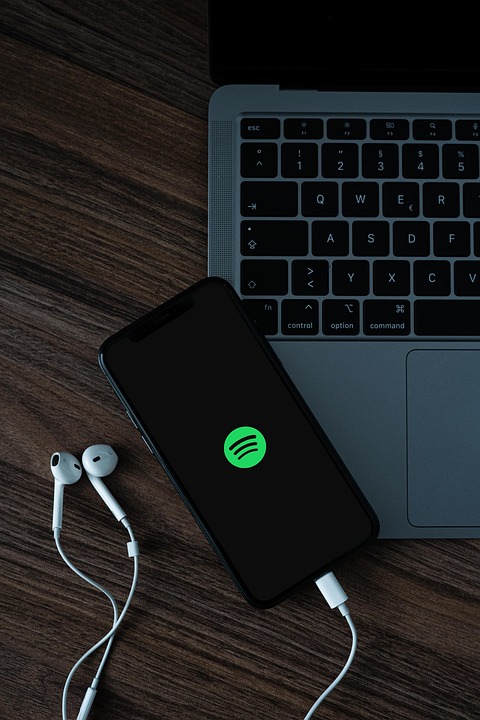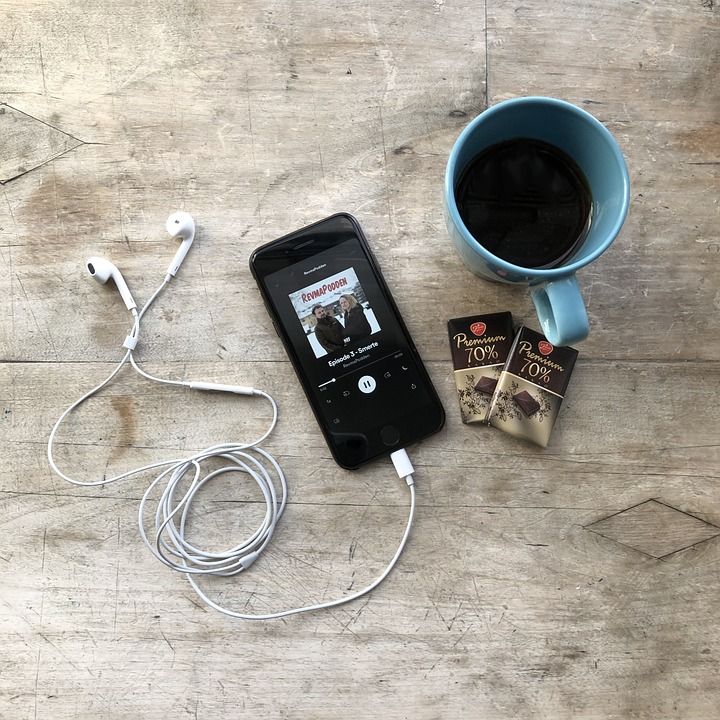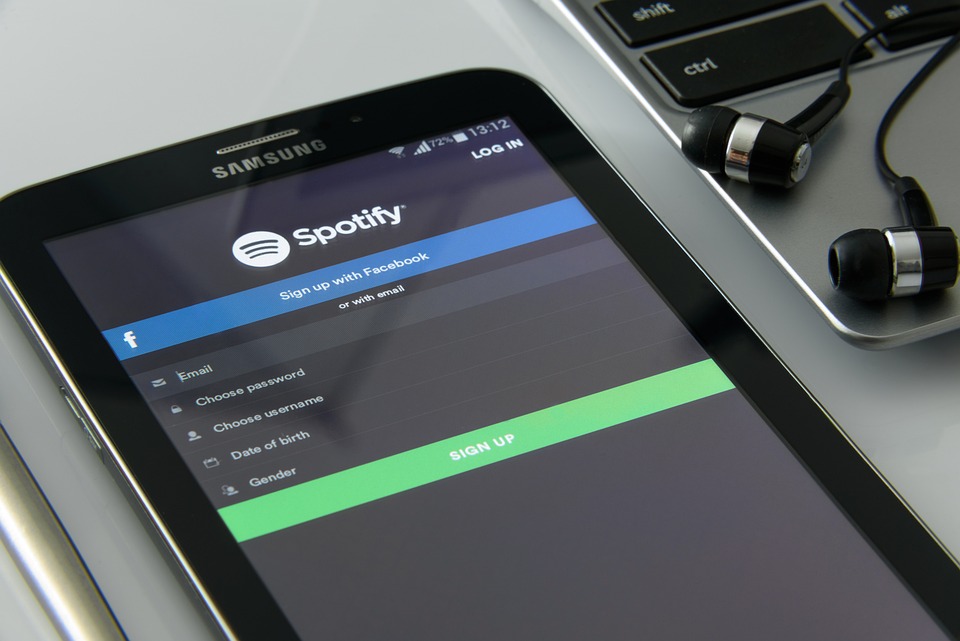
The objective is for Spotify to grow to know users so well that the DJ can pick what to play for you when you press the button, according to the firm. Rather, Spotify claims to be placing an "AI DJ in your pocket."
For users who don't feel like telling Spotify what to stream next or stumbling through the UI to discover a playlist they enjoy, the function has the potential to make Spotify into a lean-back, passive experience.
Now only accessible to Spotify Premium customers in the United States and Canada, the OpenAI-powered functionality is still under beta testing as of the time of the debut.
With its customizing technology, Spotify has long been the industry leader. In 2015, it successfully debuted its flagship playlist, Discover Weekly. Next came a variety of alternative playlists made to suit the individual tastes of the end user, such as Release Radar, Daily Mixes, Your Time Capsule, Blend, and others targeted towards certain activities, such as commuting or working out. With the introduction of its customized yearly review, Spotify Wrapped, in more recent years, Spotify has also started trends that its competitors have subsequently copied.
It was only a matter of time until Spotify released its own perspective on how contemporary AI may be utilized to enhance its customization experience, given that the broader technology industry is increasingly focusing on new ways to harness AI advancements.
In this instance, the business claims that its new DJ function is a synthesis of its current personalization technology, an AI voice via its purchase of 2022 Sonantic, and Generative AI through the usage of OpenAI technology.
Spotify informs that it does business with OpenAI but does not refer to it as a partner. Instead, Spotify claims it gave access to OpenAI's Generative AI technology to its music editors, specialists, scriptwriters, and data curators in order to expand their knowledge of music, artists, and genres. The technology is being used to produce "culturally relevant, accurate pieces of commentary at scale," the business claims. With the recent AI failures at Bing and Google, accuracy may be the crucial word here. Whether Spotify's use case encounters comparable difficulties remains to be seen.
The new DJ function will give users a tailored stream of music that will mix both recent releases and time-honored classics as they interact with it. This feed will be continuously updated. They will also hear commentary that is immediately followed by the music it refers to while they listen.














